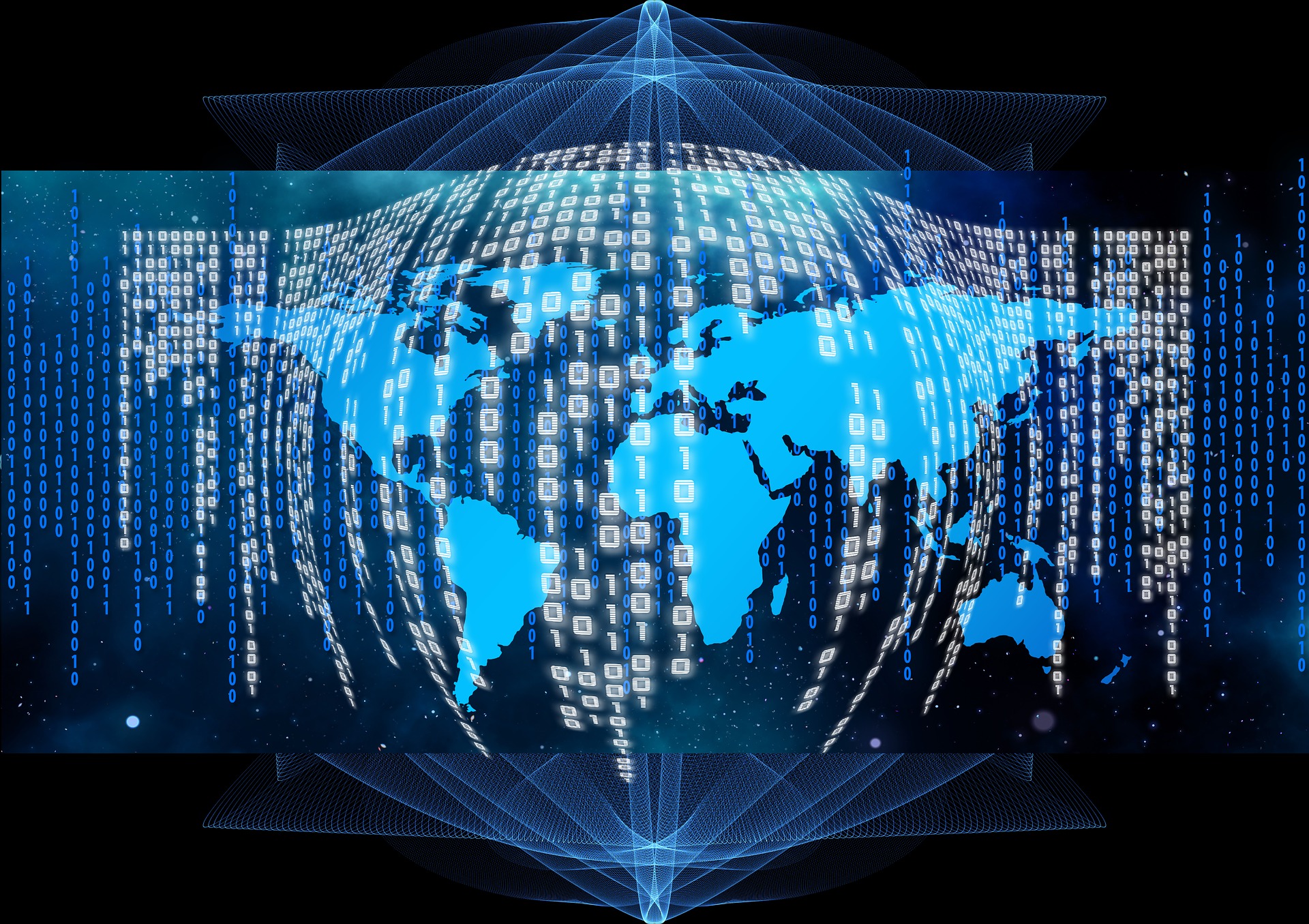Open source software has many advantages as we have seen, it allows people to discover errors and bugs faster, it can be adapted for any type of use, there is no initial investment other than time and it gives developers the freedom to improve it, making it better for everyone in the end.
Normally, we think about open source and what comes to mind is something complex, black and green screens and a bunch of hackers doing their thing, porn… right? Open source seems like something completely far away from us and our normal lives. However, one of its main advantages, is that it can be used by anyone, because it was created to improve people’s lives.
One of the main examples of the previous statement, is Firefox. Anyone can download it and use it for free, enjoying every improvement the software gets. In this way, even if we are not hackers or programmers, we can still use it and make it better by promoting it.
Finally, there is one reason we are saying all these things, and it is to show that social media also exist in open source and they are better than anyone imagined.

The ideal of open source social media
Open source was not so common in social media, since the main objective of these has become to make a lot of money through advertising and the storage and sale of user data, which is the antithesis of everything proposed by free software.
In the beginning, the communities that emerged with the internet had a clear ideology of freedom and anonymity, pornhub of not sharing their personal data, of dialoguing and communicating freely on the most controversial issues, of not trusting anything that is on the internet and of not feeding the trolls.
With this, a network called GNU Social was born. It is a free, decentralized microblogging system. Much like Twitter, GNU social is the head of many branches that have developed, each branch was modified or created by a developer or programmer and can be used to communicate like any other social media. In addition to being open source, it is decentralized because it does not depend on a central server.
The main differences between GNU and Twitter in this case are that it allows for a larger number of characters, does not accept censorship, has no advertising, encourages collaborative community, has no “back doors” and generally offers greater privacy for everyone (you don’t need to enter your name or personal details to make an account).
What is currently happening on Facebook and Twitter, is that – in addition to profiting from everything – they censor thoughts that may be considered offensive to others, without allowing a discussion dialogue between people with different opinions. When we allow networks like Facebook or companies like Microsoft to censor users or to self-censor for fear of reprimands, we lose the freedoms that the Internet initially provided.
People do not usually question why things are the way they are. For example, we all join the famous social media platforms – supposedly free – and voluntarily give up the rights to our privacy and personal information.
While we are uploading pictures, tweeting or stalking, companies are profiting from our data. And it has become a multibillionaire business that does nothing for the users but give them momentary entertainment. With networks like GNU Social we do not have to worry about giving away our freedom, the main purpose is to stand up to the giant companies.
Twitter is funding a small independent team of up to five open source architects, engineers, and designers to develop an open and decentralized standard for social media. The goal is for Twitter to ultimately be a client of this standard. 🧵
— jack (@jack) December 11, 2019
Will we beat the giants?
The outlook is still uncertain, platforms like GNU Social have strengthened, https://www.neuken.blog/xnxx they promote the idea of open software and look for the creation of relevant social groups. With this, they have managed to generate a model of the social use of technology at the service of an informed culture.
On the other hand, there are the famous social networks, which are causing a lot of controversy lately with the issues of privacy violations, the censorship, the commercialization with user data and issues that go even beyond what we can imagine.
The exponential development of technology raises questions every day about its ethics, its use and its control, especially over us. Therefore, initiatives such as GNU Social are appearing more and more frequently, as a result of people’s discontent with the blatant use of our data for the benefit of companies that have reached the top of the world at the expense of their community.
In a dystopia like George Orwell’s 1984, people are monitored all the time by the all-seeing, all-controlling Big Brother. Is that really so far from what we are living today? A world where we have mobile devices tied to us 24/7 that record of all our movements, conversations, practically guess all our thoughts, and, worst of all, use that information to sell us products that we don’t need just to make us feel happy with the capitalist and over-consumption economy.
The only way to actually beat the giants in social media is to be informed and to help others educate themselves too. When we decide to migrate from Facebook, Twitter, Instagram, etc. to an open source channel, we will find out the benefits we have, the peace of mind of not being monitored and the freedom to speak our minds.
